T Bill and prospects of industries in both the States
Updated: Feb 22, 2014 04:05:26pm
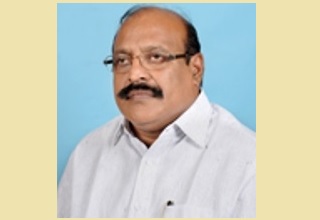
Here are the views of President FSME-AP, APK Reddy as told to KNN:
· I personally welcome the decision of carving out Telangana from Andhra Pradesh, through the Andhra Pradesh Reorganisation Bill, 2014. But, I am unhappy with the way in which the bifurcation was made and the long-drawn legislative process- both in Upper and Lower houses- with high drama inside and outside Parliament.
· The Prime Minister, Manmohan Singh assured Special Category Status to the successor state of Andhra Pradesh comprising 13 districts, including the four districts of Rayalaseema and the three districts of north coastal Andhra for a period of five years. His assurance was aimed to put the residual State’s finances on a firmer footing.
· PM made it clear that the bill already stipulates that the central government shall take appropriate fiscal measures, including offer of tax incentives to the successor states in order to promote industrialization and economic growth in both the states. So, besides the incentives, he added some more ‘to justify the demands of Seemaandhra and meet the interests of the residual State.’
· In this context, I doubt the veracity of the so-called packages. What happened to Bundelkhand package? It never reached anywhere except in the pockets of the officers and contractors. It was an ambitious package of Rs. 7,266 crore, announced by the Planning Commission for this backward drought-prone region of Uttar Pradesh. Announced in 2009, the package was meant for the overall development of the region spread across districts in Uttar Pradesh and Madhya Pradesh — collectively known as the Bundelkhand region — and was to be implemented over three financial years between 2009-10 and 2011-12. But, nothing has happened.
· Central government has failed to provide financial package to the seven most backward states identified in the Raghuram Rajan report. The Rajan panel had in September last year recommended anew index of backwardness to determine which states need special assistance.
· The State creation does not help unless special package is given and the special package is made mandatory. The special package should not be tied up with any condition.
· States have been bifurcated in the past but hardly in such a charged environment in which Telangana was separated from Andhra Pradesh.
· This is partly because of uneven development in the state. Hyderabad has emerged as an oasis of growth. There is a provision in the Bill for compensation for Seemandhra in lieu of Hyderabad, which will remain the joint capital of the two states for 10 years.
Effect on MSMEs
· The Micro, Small and Medium Enterprises (MSMEs), which are accepted as the engine of economic growth and for promoting equitable Development, have been in doldrums. Despite its agility and dynamism, the sector, which showed admirable innovativeness and adaptability, failed to survive the recent economic downturn and recession, along with the political imbroglio of Andhra Pradesh. So, 7 lakh entrepreneurs and also 40 lakh employees were badly hit by the situation. There are pending incentives, accumulated to Rs. 1300 crore, to the entrepreneurs.
· The situation of the small and medium industry sector is alarming with units declaring themselves as NPAs due to huge accumulated losses. Six units per hour are being closed down. The sector is suffering heavily due to the irregular power supply, Restriction and Control measures, steep hike in power tariff and irrational levying of penalties.
· Though the accounts have been classified as NPAs by the banks, they are not wilful defaulters but they were forced to become defaulter due to the conditions beyond their control. Due to stringent NPA norms and subsequent invocation of SARFAESI act / filing court cases resulted in blocking of funds to both entrepreneurs and banks.
· As per a Reserve Bank of India survey, Rs 55,000 crore, which have been lent by institutions, are affected on account of the SMEs becoming NPAs (Non-Performing Assets) and the state is losing production valued at Rs 35,000 crore a year since the last two years.
· Owing to the political uncertainty persistent for the last four years, the situation is further deteriorating. More and more SMEs are falling prey to financial problems arising out of power cuts and other problems. The industries, who won national awards, are also notified as NPAs.
· Amid this precarious situation, another important task of the policy makers is to develop the market centres at the district level with banking and insurance facilities and setting up vocational training centres with hostel facilities at every district. Above all, there is a need to connect all villages to 24 hour electrical supply, as has been done in Gujarat and other States. These steps will initiate growth in both States and help meet the aspirations of the people.
· There are two other main critical elements that need careful handling. These involve the development of Singareni Collieries to increase coal production and to generate power based on pithead power plants. Singareni covers four districts of Telangana and its resources should be used to develop human resources and potential among the families of its workers as well as those who live in its area. It vast lands can be developed into orchards.
· Another bolt from the blue is the Finance Minister’s instructions to the central government organisations including Railways, Defence institutions etc., to stop payments to the suppliers till the next fiscal.
· The industry of both Telangana and residual Andhra Pradesh needs only a few conditions - reliable and cheap power supply, minimal red tape and efficient and helpful regulation. If this is done, industrialists will flock to both States and exiting units will expand.
· The people of Seemandhra must press ahead with hope, and not look back in anger or regret. There will be other practical difficulties too but the political and civil society leadership of Telangana and Andhra Pradesh must shun regional chauvinism and violence and grasp with both hands the great future that lies ahead of them. (KNN Bureau)

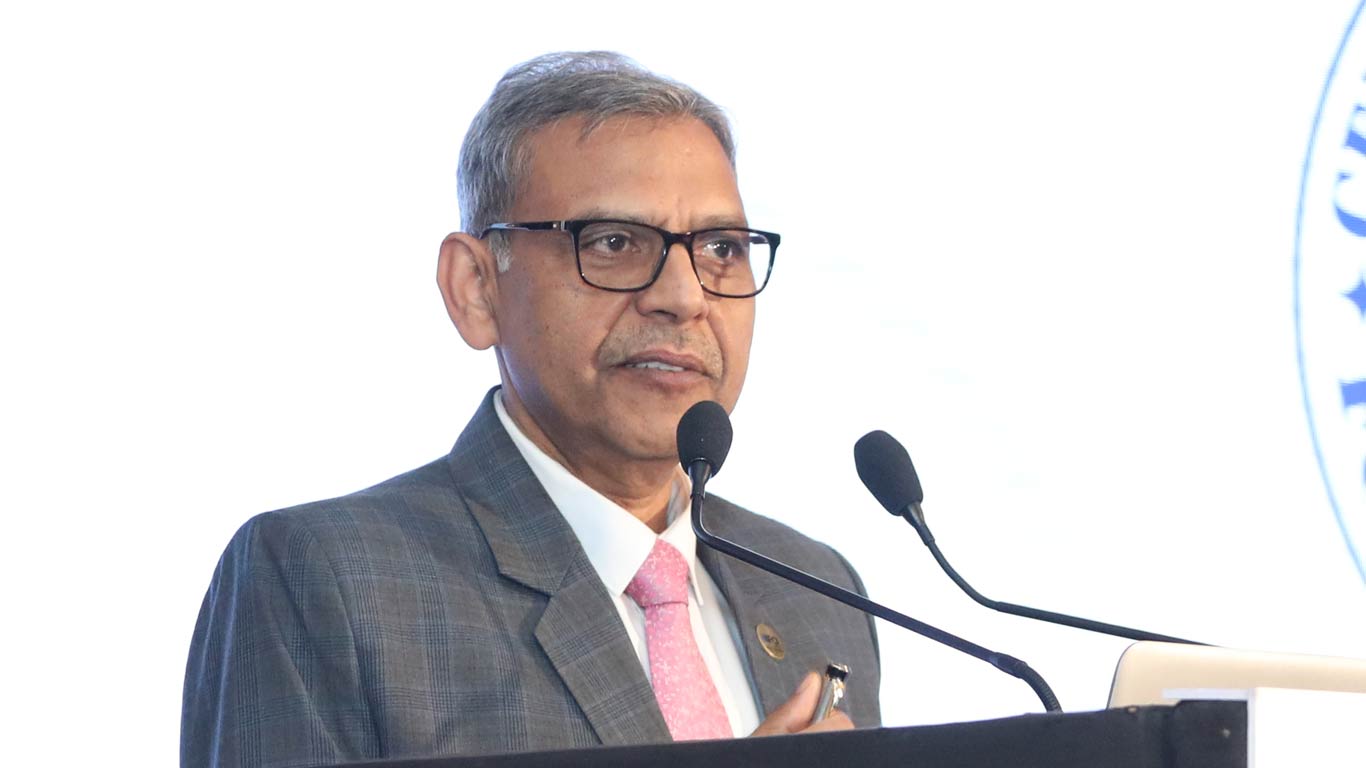
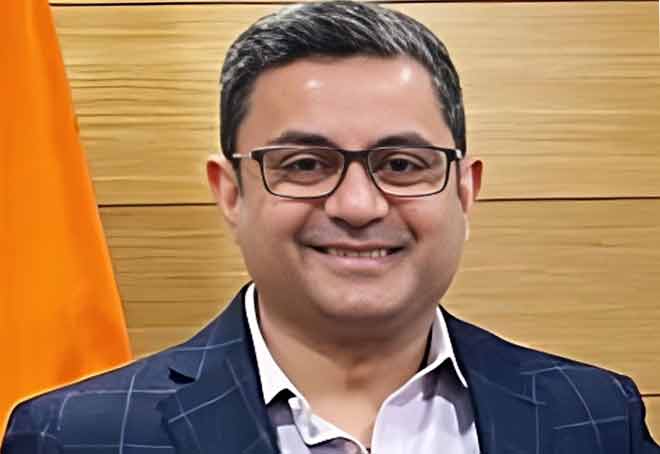

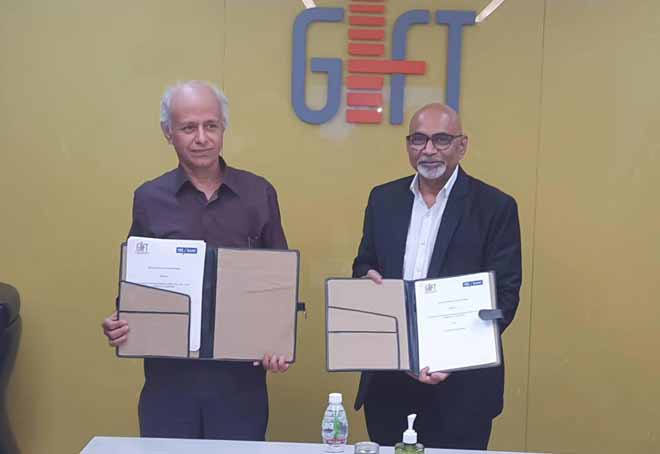
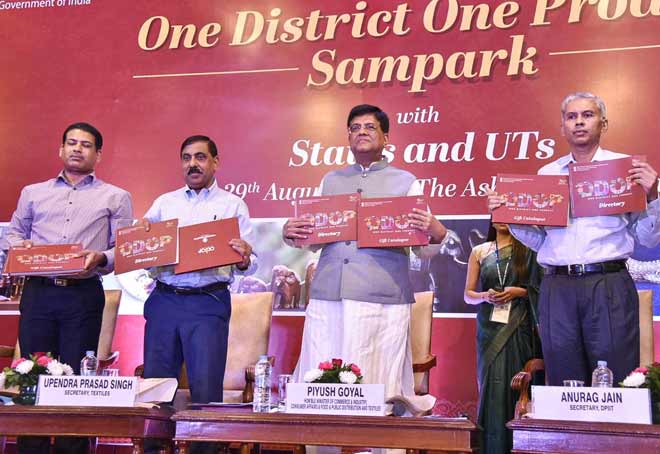





